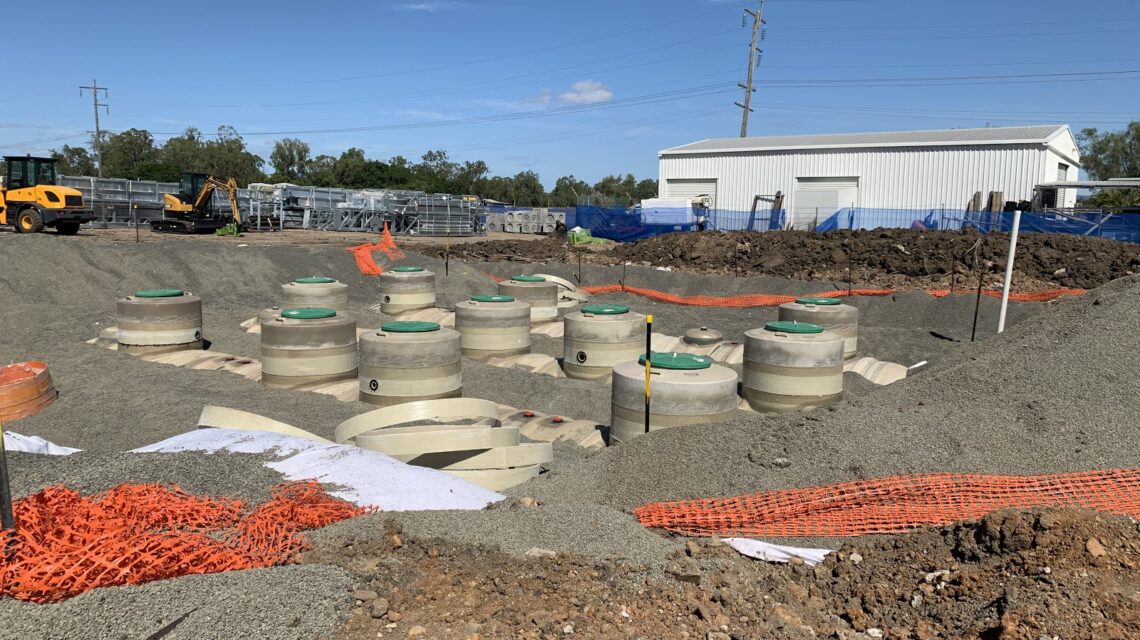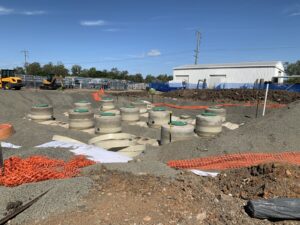It is relatively common to have underground petroleum tanks on industrial or light industrial sites, due to historical business activities (such as a service station that changes business to a restaurant). When a property changes hands, is redeveloped or tanks reach 'end of life' it is often the first time they might be noticed or considered, this is often driven by regulatory requirements.
Environmental management of Underground Petroleum Storage Systems (UPSS) varies between all states in Australia from a regulatory perspective, however, the environmental and liability effects are quite similar nationally and globally.
Underground tanks, fuel lines and joints are known to leak, and the fuel can contaminate both soil and groundwater as the UPSS is already underground.
A typical total cost for the removal of a few underground storage tanks and cleaning up a small volume of soil used for property transactions and business acquisitions is $150,000. This may be considerably reduced if the tanks do not require physical removal. However, the cost significantly increases for the removal of multiple underground storage tanks (USTs) and in the presence of significantly contaminated groundwater. In such cases, the cost can exceed $1M (million dollars), especially in instances where contamination that has migrated offsite to sensitive receptors and areas. Costs are often built in a property contract of sale and are highly dependant on an initial investigation. iEnvi recommends a ground penetrating radar (GPR) scan with an experienced services locator, and initial investigation of soil and groundwater (often $15k to $20k or less if there are existing wells) to determine the cost of decommissioning and remediating a UPSS.
It is heartbreaking as a consultant to speak with small business owners, who haven’t had the education on the cleanup costs or risks, and have had their small business/property in mind for their retirement savings to find out the value is significantly reduced due to the contamination liability.
EPA bodies do not accept a lack of knowledge relating to underground storage tank fuel leakage and contamination risk as a defensible reason for non-compliance defence. If you have underground storage tanks, you have the responsibility to ensure they aren’t leaking by monitoring and testing or to clean up/remediate the site and assess the environmental risk if they have leaked.
The longer you have leaking tanks, pipes or UPSS infrastructure, the higher the cost of cleanup and lower your property value will be, and higher the risk of regulators imposing significant fines or cleanup notices requiring immediate actions.
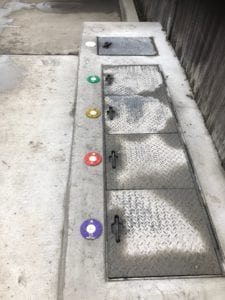
- tank and fuel line testing to pressure testing;
- review of SIRA data;
- soil and groundwater investigation and sampling to test for leakage;
- compliance and advice of state regulation;
- assistance with property sale/purchase, valuation and risk associated with UPSS contamination;
- fuel system management plans;
- compliance review;
- underground tank/UPSS removal and validation; and
- contaminated soil, soil vapour and groundwater remediation and management strategies for the best commercial and compliant outcome.
- remediation without the removal of the tanks (this is often an acceptable option where structures and services may be damaged if removal were to take place).
An example of our services is a rural petrol station that became a restaurant, over time it changed hands several times. We were able to work with the owners each step of the way.
Please get in contact with us to discuss your individual circumstances.
RECENT PROJECTS
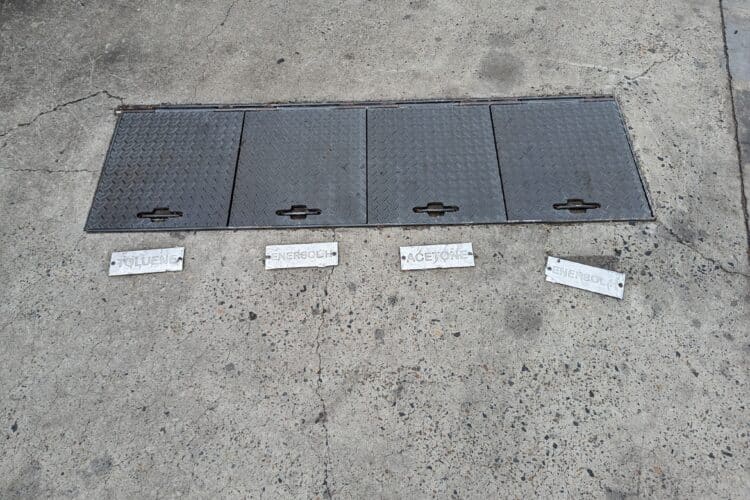
Environmental Delineation Investigation at Industrial Site in Northwest Sydney
Project Overview: iEnvironmental Australia (iEnvi) conducted a Delineation Investigation (DI) at anindustrial site located in the northwest of Sydney, following...
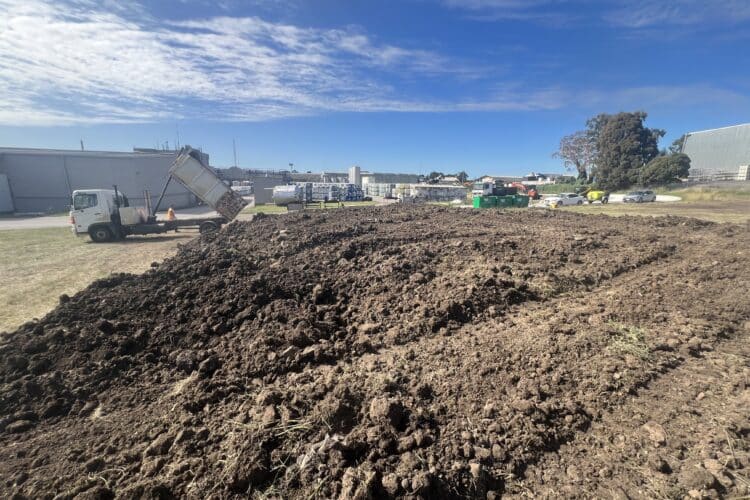
Compliance Investigation &Cost-Effective Remediation and Beneficial Reuse of Asbestos-Impacted Soil at Industrial Site in Victoria
The Victorian EPA requested an investigation at an industrial site in Coolaroo to meet General Environmental Duty requirements. iEnvironmental Australia...
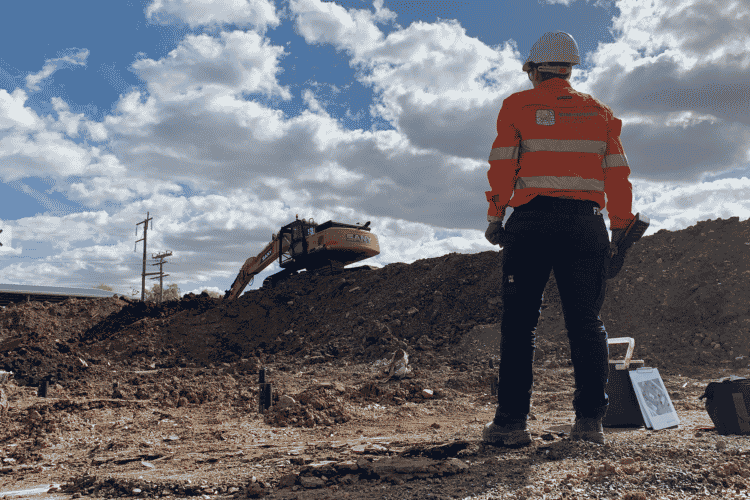
iEnvi's 100 Contaminated Land Experts in 2022!
iEnvironmental Australia's growth in the market means that we're looking at expanding our network of sub-consultants (independent contractors), with a...

Major NSW Infrastructure Project, Environmental Sampling and Waste Classification
iEnvironmental Australia (iEnvi) was engaged by Transport for NSW (TfNSW) to provide waste classification and beneficial reuse assessment near the...
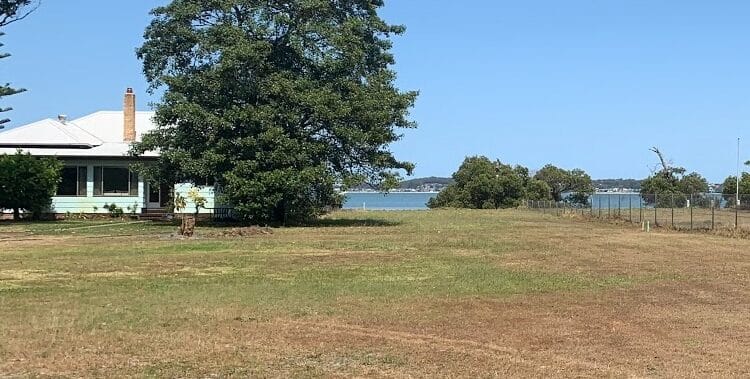
Former Oyster Farm Investigation for Residential Development
iEnvi was engaged by the client to complete a Targeted Soil Assessment relating the footprint of a shed previously located...
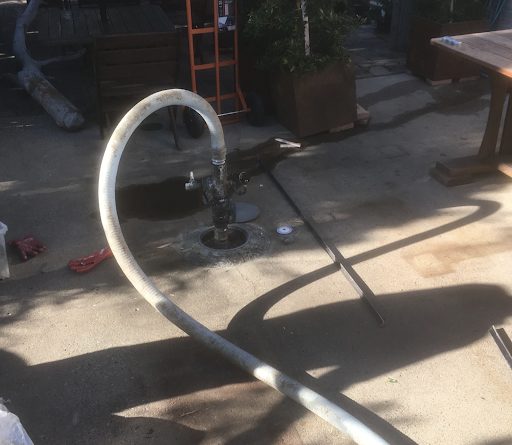
UPSS Abandonment Insitu Via Foam Filling, Sunshine Coast QLD
iEnvi was engaged by a local restaurant owner to manage the decommissioning and abandonment of three underground storage tanks (USTs)...
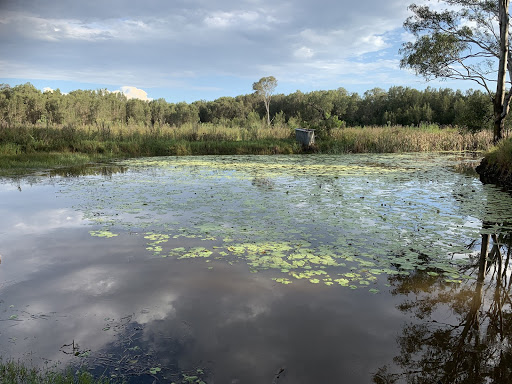
Construction Environmental Management Plan for a Sports Complex, South East QLD
iEnvi were engaged by an engineering firm on behalf of a regional council to undertake a Construction Environmental Management Plan...

Microbiologically Influenced Corrosion Preliminary Study, Mornington Peninsula VIC
Microbiologically Influenced Corrosion (MIC) is a term that refers to the change (either acceleration or inhibition) in corrosion caused by...
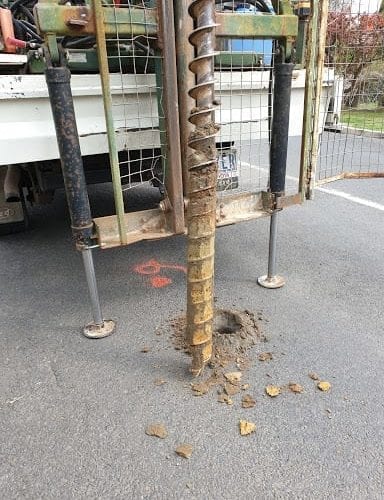
Waste Classification and ENM Assessment, Southern Highlands NSW
iEnvi was engaged by a local council in the Southern Highlands to conduct an insitu Waste Classification (WC) and...
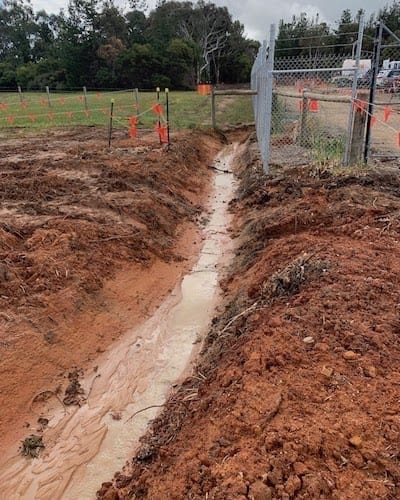
Erosion Sediment Control Plan (ESCP), Mornington Peninsula, VIC
Envi was engaged by a construction company to review and update the erosion sediment control plan (ESCP) as part of...
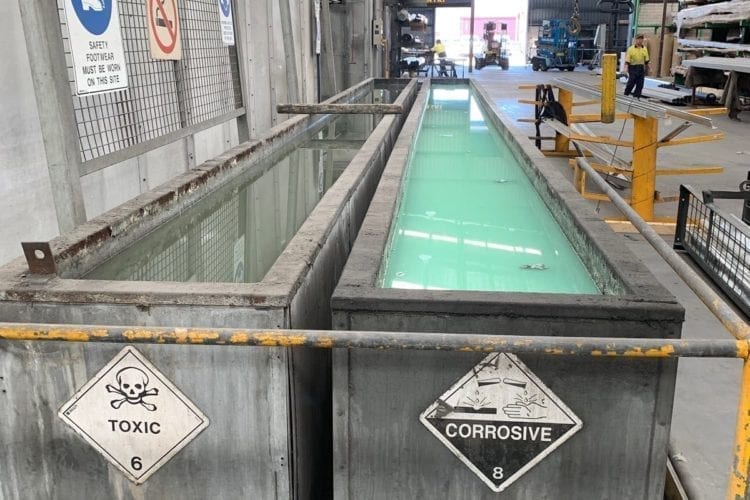
Urgent Preliminary Site Investigations for M&A, Multiple Sites QLD, NSW, SA
iEnvi was engaged by a law firm on behalf of a confidential client as part of merger and acquisition...
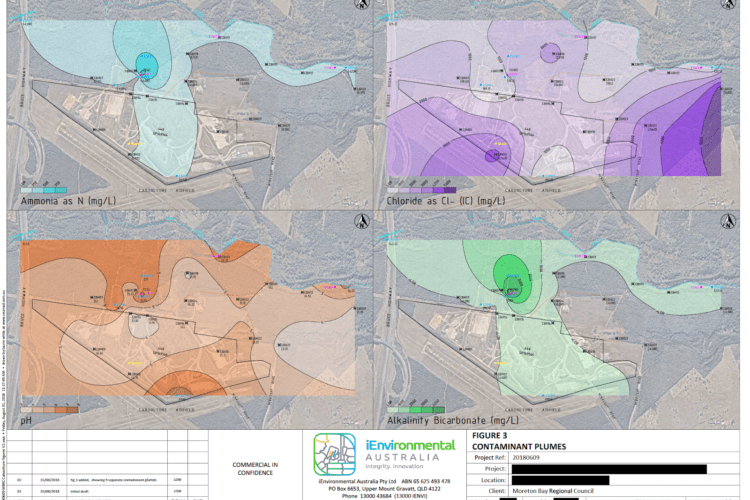
Groundwater and Hydrogeological Investigation of 5 Landfills, QLD
iEnvi was engaged by a Council north of Brisbane, QLD, to review environmental authority (EA) compliance, groundwater trends and risks...
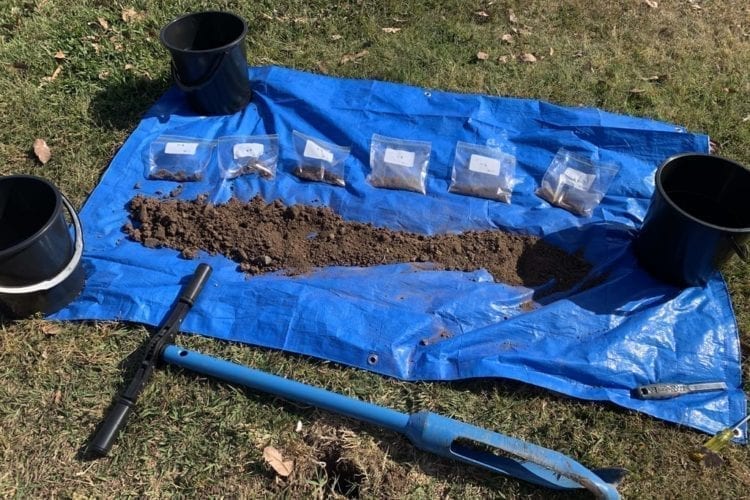
Targeted Soil Investigation and Insitu Waste Classification, Brisbane, QLD
iEnvi was engaged by a large construction company to conduct Targeted Soil Investigations and Insitu Waste Classifications (TSI/WC) in advance...
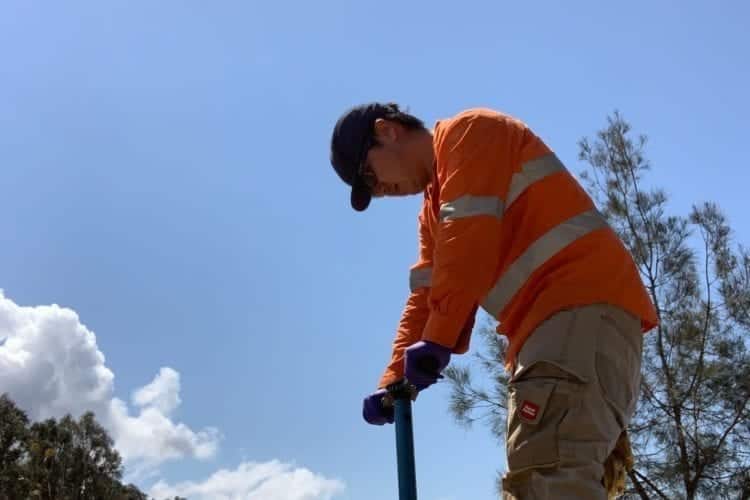
Targeted Soil Investigation, North of Brisbane, QLD
iEnvi was engaged to conduct a Targeted Soil Investigation (TSI) to delineate historical lead from a former rifle range, for...
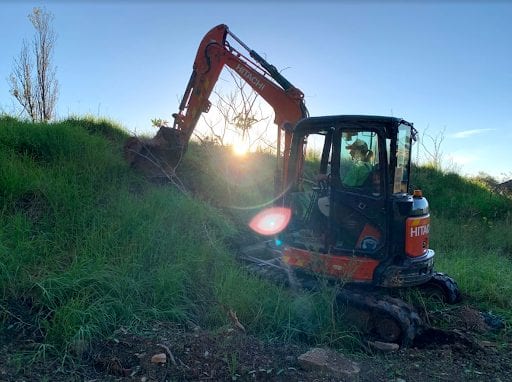
Soil Stockpile Reuse Investigation, Sydney NSW
iEnvi was engaged by an inner western Sydney Council to undertake a soil stockpile reuse investigation at a vacant property....
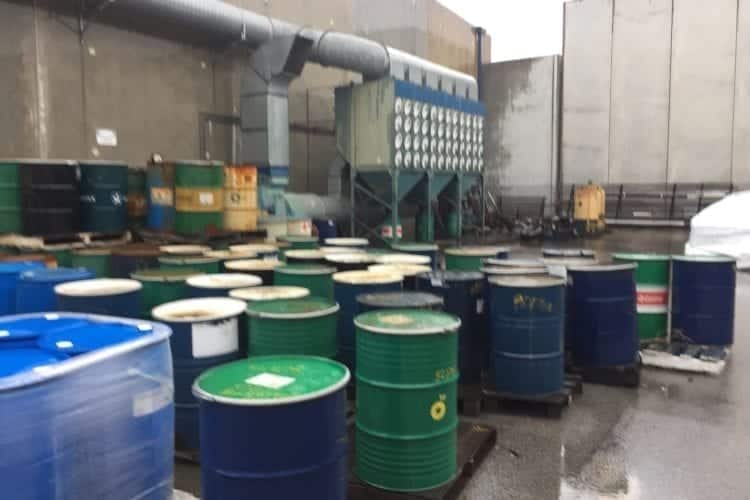
Preliminary Site Investigations for Potential Acquisition, VIC and WA
iEnvi was engaged by an international manufacturing company to undertake preliminary site investigations at two coatings manufacturing facilities in Victoria...
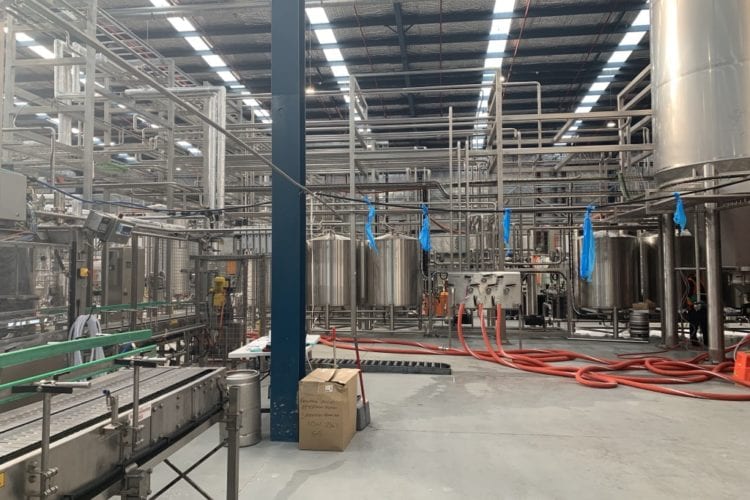
Environmental Management Plan for a Brewery and Wastewater Treatment Plant, Goulburn NSW
iEnvi was engaged by a brewing company to complete an Operational Environmental Management Plan (OEMP) for a new brewery...
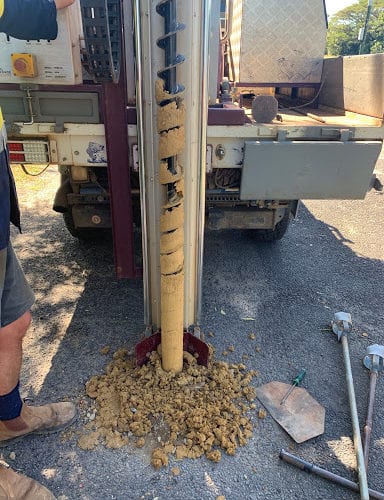
UPSS and Detailed Site Investigation for a Rural Service Station in Far North Queensland
iEnvi was engaged by a company to complete an Underground Petroleum Storage System (UPSS) and Detailed Site Investigation (DSI) for...
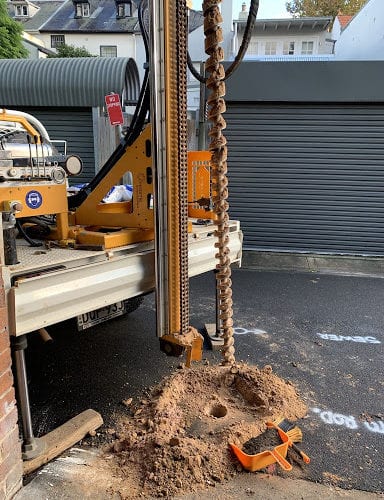
Law firm engagement for Preliminary and Detailed Site Investigation of Former Service Station, Inner Sydney NSW
iEnvi was engaged by a law firm to complete a preliminary site investigation (PSI) and underground petroleum storage system (UPSS)...
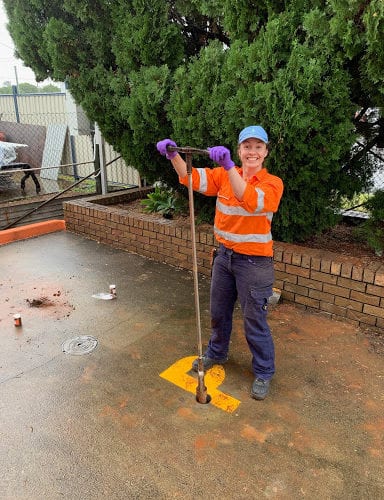
Preliminary Site Investigation of a mechanic workshop for finance approval, Wynnum QLD
iEnvi was engaged by a private company wishing to purchase a mechanic workshop in Wynnum, Queensland and a preliminary site...
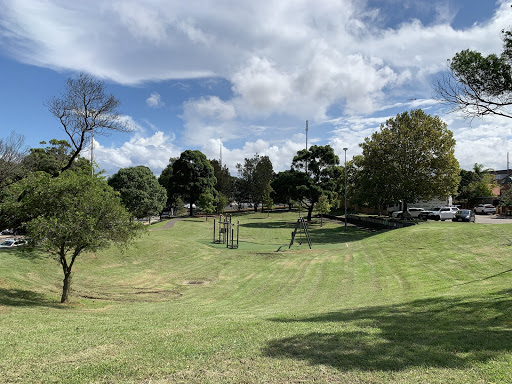
Innovative and cost-effective soil investigation, Sydney NSW
In early 2019, iEnvi completed multiple preliminary site and soil investigations at recreational use parks in inner Sydney suburbs prior...
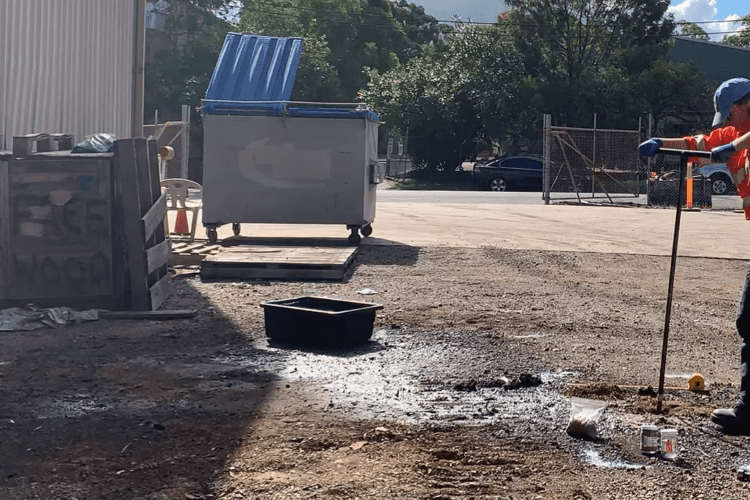
Cost Efficient Remediation for Hydrocarbon Contamination, Newcastle and Wollongong, NSW
iEnvi was engaged by a client’s legal department as part of a merger and acquisition due diligence to undertake preliminary...
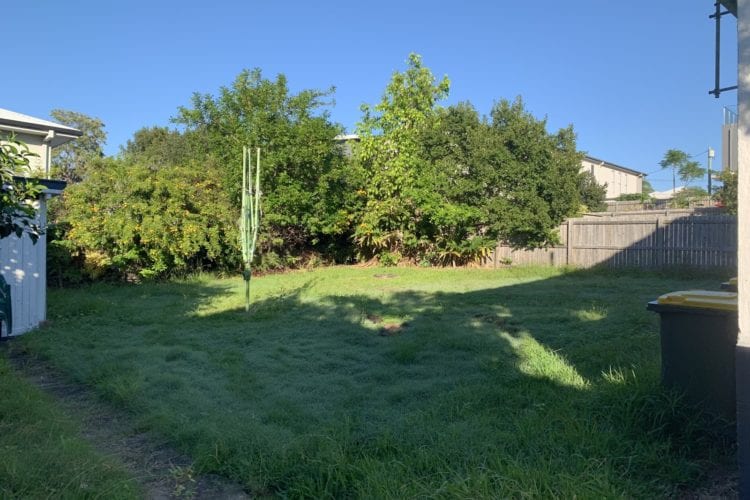
Soil Investigation and Potential Soil Reuse, Brisbane QLD
iEnvi was engaged by a childcare centre development company to undertake soil sampling at a residential site prior to the...
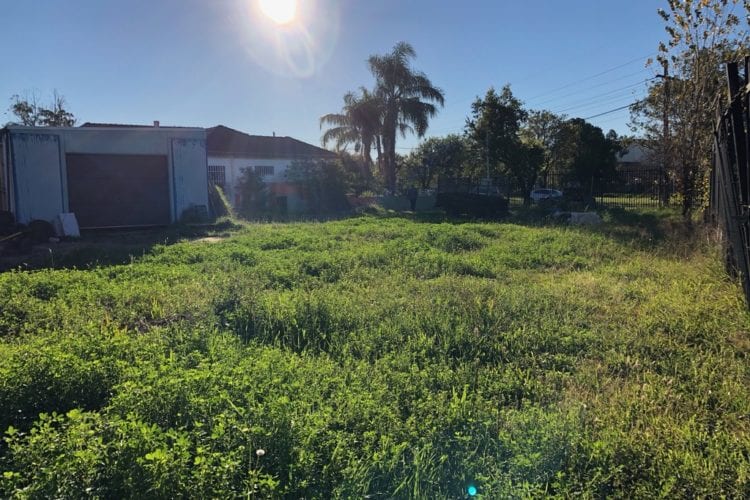
Housing Development Application, Sydney NSW
iEnvi was engaged by a client to undertake a preliminary site investigation and soil sampling (PSI) at a property in...

